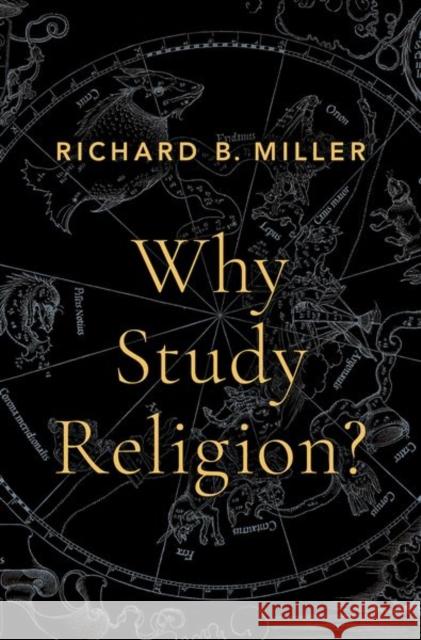Why Study Religion? » książka
topmenu
Why Study Religion?
ISBN-13: 9780197566817 / Angielski / Twarda / 2021 / 384 str.
Kategorie:
Kategorie BISAC:
Wydawca:
Oxford University Press, USA
Język:
Angielski
ISBN-13:
9780197566817
Rok wydania:
2021
Ilość stron:
384
Waga:
0.64 kg
Wymiary:
24.16 x 16.61 x 3.25
Oprawa:
Twarda
Wolumenów:
01
Dodatkowe informacje:
Bibliografia











